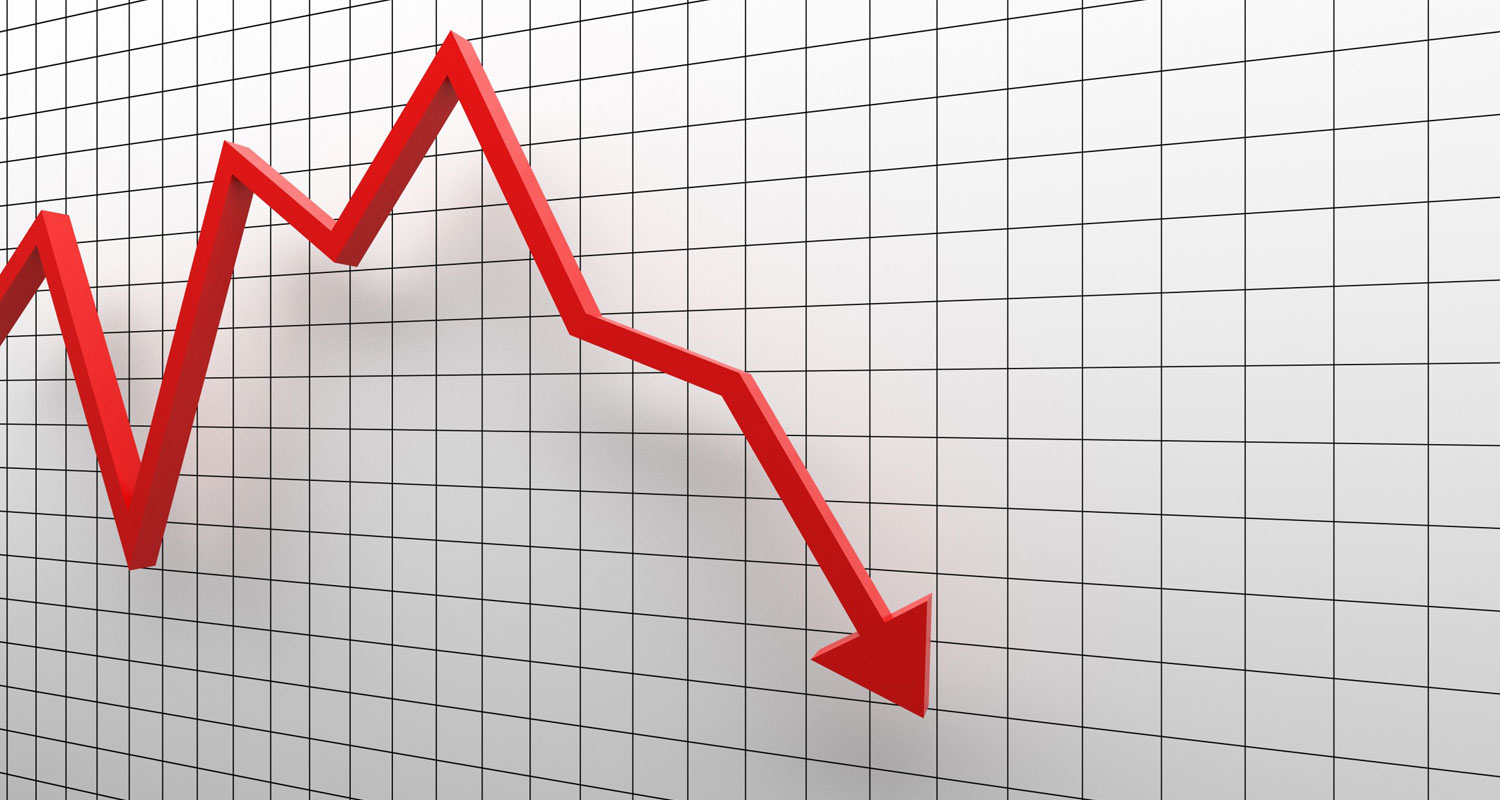 The Nasdaq 100 Index lost more than US$1-trillion (R14.6-trillion) in market value in the past four sessions. Yet its roller-coaster ride may have only just begun.
The Nasdaq 100 Index lost more than US$1-trillion (R14.6-trillion) in market value in the past four sessions. Yet its roller-coaster ride may have only just begun.
The tech-heavy benchmark now has seen more than $1-trillion evaporate from peak to trough every month this year as tighter US monetary policy and surging bond yields ignite concern among investors that the American economy is headed for a recession.
“It’s too early to turn positive on US tech stocks,” said Edmund Shing, BNP Paribas Wealth’s chief investment officer. “There’s more downside likely very short term” as high inflation leads to slower discretionary consumption, he said.
The magnitude of the losses reflect the massive size of technology companies, and how far they have to fall: the Nasdaq 100 has returned an average of 38% annually over the past three years versus 26% for the broader S&P 500 Index. Higher interest rates reduce the present value of future earnings, weighing especially on shares of fast-growing companies.
In January, a whopping $3-trillion was wiped out by the time the rout bottomed out, while February and March were relatively better, seeing selloffs of $1.7-trillion and $1.5-trillion, respectively. Companies in the index have a combined market value of $16.9-trillion, led by Apple, Microsoft and Amazon.com.
Tech stocks staged a three-week rebound along with the broader market beginning in mid-March. But the war in Ukraine, rising inflation, hawkish US Federal Reserve comments and lockdowns across China triggered another decline last week.
Inflation threat
The Fed raised its key rate by a quarter point last month and signalled it expects to lift it to 1.9% by the end of 2022 as the central bank seeks to bring inflation under control. Officials have said they’re open to moving faster if needed, including by hiking a half point at their 3-4 May meeting.
Some parts of the technology industry also have been hit by the fresh lockdowns in China, which have forced the shutdown of factories and foundries, further disrupting already strained supply chains.
As a result, chip makers have been the biggest drag to the index, with Nvidia, Marvell Technology and Qualcomm among the worst-performing stocks in the index in the latest selloff. The Philadelphia semiconductor index sank 7.3% in its biggest weekly drop since January.
For now, industry growth is robust, with global revenue increasing 32% in February from a year earlier, the 11th consecutive month of growth above 20%, according to Harsh Kumar, an analyst at Piper Sandler Cos.

And the broader tech sector may find a bottom soon as long as earnings growth trends remain solid, said BNP Paribas Wealth’s Shing.
The Nasdaq 100 now is down 14% from its November peak, valuing it at about 24 times projected profits. While that’s still elevated relative to the average of less than 20 over the past decade, it’s down about 20% from the peak in 2020.
With the selloff in chip stocks, all 30 stocks in the Philadelphia semiconductor index are now down for the year. — Subrat Patnaik, (c) 2022 Bloomberg LP




